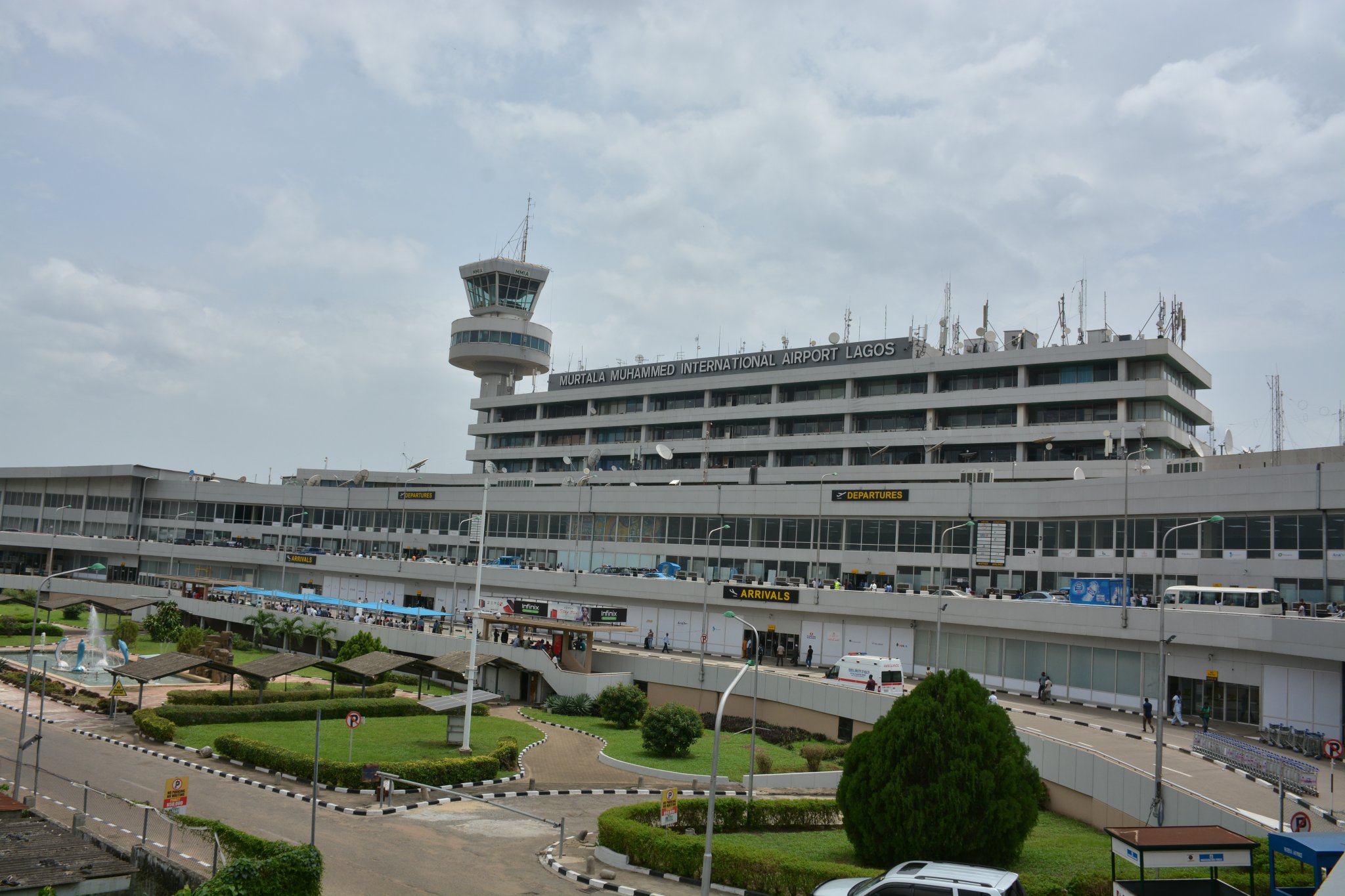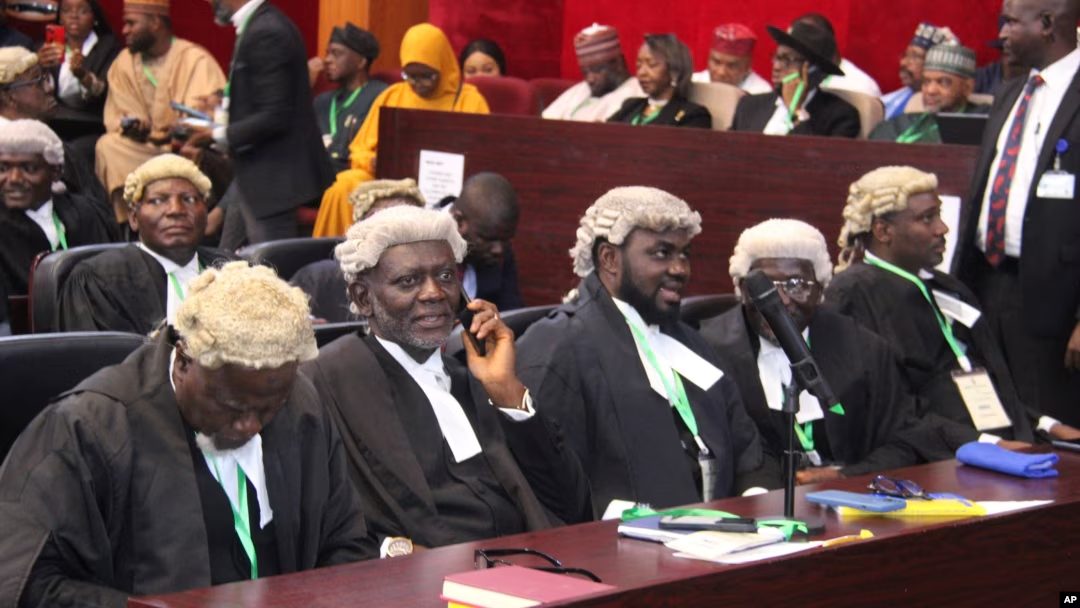Telecom operators in Nigeria will inject more than $1 billion into network expansion and upgrades before the end of 2025, the Nigerian Communications Commission (NCC) has announced. The regulator said the move follows recent reforms and tariff adjustments that have made the telecom sector more attractive to investors. (Source: Mediaplusng.com)
According to the NCC, the new investment will fund the construction of more towers, expansion of broadband services, upgrade of existing infrastructure, and extension of connectivity to rural areas where millions still face poor network coverage. This will translate into faster internet, improved call quality, and wider access for Nigerians who depend on mobile services for daily life.
Mediaplusng.com reports that in recent years, telecom operators struggled with rising operating costs, unstable power supply, and difficulties in accessing foreign exchange for equipment. These challenges slowed down network expansion despite Nigeria’s rapidly growing population. To solve this, the NCC introduced reforms such as tariff reviews, better spectrum allocation, and improved licensing, restoring investor confidence and paving the way for fresh capital inflows.
“The telecom industry is the backbone of Nigeria’s digital economy. We are committed to ensuring operators remain strong enough to invest in infrastructure, while consumers continue to enjoy quality and affordable services,” the Commission said in a statement.
For everyday users, this means fewer dropped calls, faster internet for education, work, and entertainment, and wider access to digital services such as mobile banking, e-commerce, and e-government platforms. Businesses, startups, and online traders are also expected to benefit, as better connectivity will boost productivity and create more job opportunities.
Currently, Nigeria has over 220 million active phone lines, making it the largest telecom market in Africa. Broadband penetration is at 47 percent, but the government’s National Broadband Plan aims to reach 70 percent by 2025. Industry experts believe the new investments will help the country get closer to that goal.
However, challenges remain. Operators continue to face high energy costs due to unreliable power supply, foreign exchange scarcity, and cases of vandalism affecting fiber optic cables and telecom towers. Despite this, the NCC expressed optimism that ongoing reforms will stabilize the environment for investors.
Consumer groups have urged the Commission to ensure tariff increases do not make services unaffordable for ordinary Nigerians. “We welcome better services, but affordability must remain a priority,” a consumer advocate warned.
As 2025 approaches, Nigeria’s telecom sector is expected to play an even bigger role in the nation’s digital transformation. With over $1 billion lined up for investment, industry players and consumers alike are hopeful for a future of clearer calls, faster internet, and more reliable connections.





2 Comments
[…] READ ALSO: Telecom Operators to Invest $1 Billion in Nigeria’s Networks by 2025 – NCC […]
[…] READ ALSO: Telecom Operators to Invest $1 Billion in Nigeria’s Networks by 2025 – NCC […]